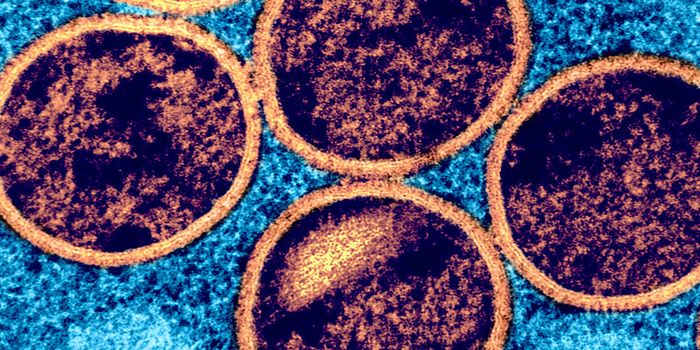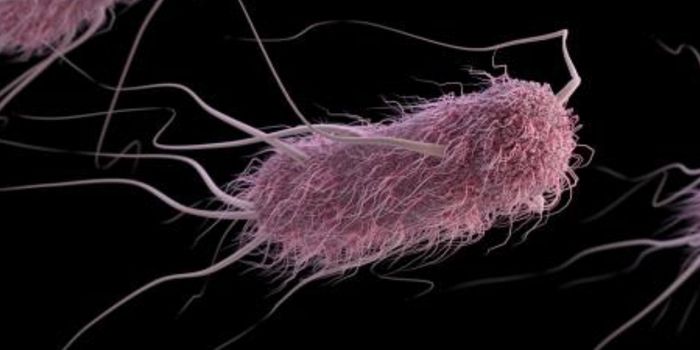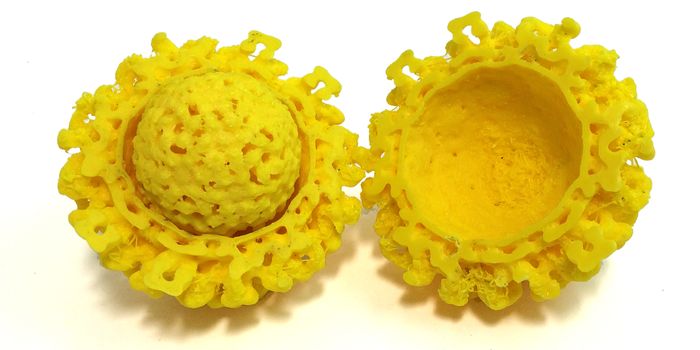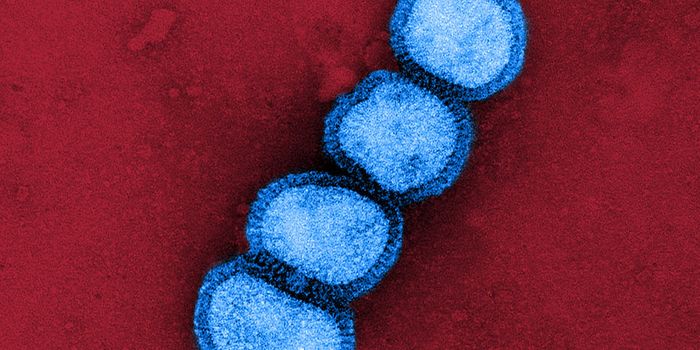Gut Bacteria May Influence Infant Brain Development
Our health is closely connected to the community of microbes we carry in our gut. For example, these microbes have a powerful influence on our immunity, they help us digest food, and they are linked to our brains. It's thought that a healthy microbiome is a diverse one, but researchers are still learning more about the composition of a normal microbiome, and how it's connected to human health. There are many questions; such as which gut bacteria produce metabolites that can act on the brain, and when the link between human health and bacteria begins. There's been deabte about whether bacteria are found in the placenta, though recent work has suggested that the placenta is germ-free. But we know that babies are colonized with bacteria at birth.
The gut-brain-axis refers in part to the vagus nerve that goes directly from the gut to the brain. New research reported in Cell Host & Microbe has studied how the gut microbiome-immune-brain axis is involved in the brain development of infants who were born extremely pre-term.
Healthy people have microbiomes that are in equilibrium. "However, especially in premature babies, whose immune system and microbiome have not been able to develop fully, shifts are quite likely to occur. These shifts may result in negative effects on the brain," explained first study author and University of Vienna graduate candidate David Seki.
In developing infants, the immune system and the microbiome learn to live together; the immune system leaves beneficial microbes alone and the microbes help break down food, and stay within a healthy intestinal barrier.
In this work, the researchers monitored 60 infants born before 28 weeks of gestation, which is considered extremely premature. These infants weighed less than one kilogram for several weeks or more. With blood and stool samples, the researchers could the identify bacteria in the infants' microbiomes, and they used MRI imaging to monitor brain development. The researchers found patterns in the microbiome that had a clear link to the severity and progression of brain damage.
The study also revealed biomarkers that can tell clinicians when therapeutic interventions are needed. "Crucially, such patterns often show up prior to changes in the brain. This suggests a critical time window during which brain damage of extremely premature infants may be prevented from worsening or even avoided," noted co-corresponding study-author Professor David Berry of the University of Vienna.
"Our data show that excessive growth of the bacterium Klebsiella and the associated elevated γδ-T-cell levels can apparently exacerbate brain damage," said co-corresponding study author Lukas Wisgrill, Neonatologist at the Medical University of Vienna. "We were able to track down these patterns because, for a very specific group of newborns, for the first time we explored in detail how the gut microbiome, the immune system and the brain develop and how they interact in this process."
The researchers are planning to continue to learn more about the influence of the gut microbiome on the development of premature infants and children.
Sources: University of Vienna, Cell Host & Microbe









